In the world of chocolate, confectionery, and cosmetic production, cocoa butter is more than an ingredient—it is a cornerstone of quality, texture, and functionality. For manufacturing facilities in Saudi Arabia, partnering with a reliable cocoa butter supplier is a strategic decision. The right supplier ensures consistent product quality, reduces production risks, optimizes cost-efficiency, and guarantees timely delivery for bulk industrial orders.
Whether you oversee a chocolate production plant, a bakery, or a cosmetic formulation facility, sourcing high-quality cocoa butter requires in-depth knowledge about grades, sourcing origins, storage conditions, and supply chain reliability. In this guide, we explore everything a production manager, procurement officer, or factory owner needs to know about selecting a trusted cocoa butter supplier in Saudi Arabia.
Understanding Cocoa Butter: Fundamentals and Grades
Cocoa butter is the natural fat extracted from cocoa beans, valued for its smooth texture, aroma, and melting properties. It serves multiple industries:
- Chocolate and Confectionery: Provides the creamy texture and glossy finish.
- Cosmetics and Personal Care: Used in lotions, creams, and lip balms.
- Pharmaceuticals: Acts as a base for medicated ointments and suppositories.
Key Grades of Cocoa Butter
Industrial buyers should recognize that not all cocoa butter is created equal. The main classifications include:
- Natural (Unrefined) Cocoa Butter: Retains natural cocoa aroma and antioxidants. Ideal for premium chocolate and cosmetic formulations.
- Refined Cocoa Butter: Neutral flavor, widely used in large-scale chocolate production and cosmetic industries where scent control is crucial.
- Alkalized or Dutch-Processed Cocoa Butter: Chemically treated for color consistency and stability; less common but sometimes requested for specialty applications.
At MT Royal, we supply manufacturers with a comprehensive range of cocoa butter grades, ensuring optimal choice without compromising quality.
Why Choosing the Right Supplier Matters
Partnering with the right supplier affects multiple operational layers:
1. Product Consistency
In industrial production, variability in cocoa butter can lead to:
- Uneven melting in chocolate molds.
- Altered texture in bakery or confectionery products.
- Variations in cosmetic cream spreadability.
Reliable suppliers, like MT Royal, maintain stringent quality control, ensuring each batch conforms to international standards.
2. Supply Chain Reliability
Downtime is costly. Delayed cocoa butter shipments can halt production lines, forcing rushed replacements or expensive imports. Selecting a supplier with strong regional logistics reduces risk.
3. Cost Efficiency
Bulk industrial orders benefit from suppliers offering competitive pricing without compromising quality. MT Royal combines price optimization with dependable delivery schedules, giving manufacturing managers confidence in budgeting and operations.
How to Evaluate Cocoa Butter Suppliers in Saudi Arabia
When evaluating potential suppliers, consider the following:
1. Product Origin and Certification
- Origin: Cocoa butter from West Africa, Latin America, or Europe may differ in aroma and melting properties.
- Certifications: Look for ISO, HACCP, or Fairtrade certifications. These attest to quality and ethical sourcing.
2. Technical Support and Consultation
A supplier that advises on optimal storage, handling, and formulation adjustments adds tangible value. At MT Royal, we’ve seen factory managers reduce product wastage by 15–20% through supplier guidance.
3. Flexibility in Order Quantities
Industrial operations vary. A good supplier accommodates both bulk and staggered deliveries, reducing storage costs and minimizing spoilage.
4. Premium Brand Options
Spanish engineering and quality standards are globally recognized. Brands like Latamarko offer high-grade cocoa butter that meets demanding production specifications for top-tier chocolate and cosmetic products.
Storage and Handling: Best Practices for Manufacturers
Proper storage extends shelf life and maintains quality:
- Temperature Control: Store cocoa butter between 18–22°C to prevent melting and oxidation.
- Humidity Management: Keep in a dry environment; moisture accelerates degradation.
- Packaging Integrity: Ensure sealed, food-grade containers to prevent contamination.
Following these guidelines reduces waste and ensures consistent batch quality in production.
Industrial Applications and Value Propositions
Chocolate and Confectionery Plants
- Provides smooth, glossy finishes and controlled melt profiles.
- Enhances shelf life and prevents fat bloom in chocolate products.
Cosmetic Manufacturers
- Natural skin-nourishing properties.
- Acts as a stable carrier for active ingredients in creams and balms.
Pharmaceutical Production
- Base for suppositories and ointments.
- Ensures uniform melting at controlled temperatures.
Common Pitfalls in Industrial Procurement
Even experienced buyers encounter challenges:
- Overlooking Quality Certifications: Can lead to subpar batches.
- Ignoring Supplier Reliability: Delays affect entire production cycles.
- Mismatched Grades: Using cosmetic-grade cocoa butter in chocolate production may result in undesirable texture.
- Storage Mismanagement: Improper temperature or humidity accelerates spoilage.
We’ve observed that proactive consultation with suppliers mitigates these risks significantly.
Step-by-Step Guide to Sourcing Cocoa Butter in Saudi Arabia
- Define Your Requirements: Clarify intended use (chocolate, cosmetic, pharma) and desired grade.
- Identify Trusted Suppliers: MT Royal offers verified and certified cocoa butter brands.
- Evaluate Quality and Certifications: ISO, HACCP, and relevant local approvals.
- Negotiate Pricing and Delivery Terms: Balance cost efficiency with reliable supply.
- Test Sample Batches: Confirm melting profile, aroma, and consistency.
- Formalize Contract: Include storage, delivery, and technical support clauses.
Frequently Asked Questions (FAQ)
Q1: What is the shelf life of industrial cocoa butter?
A: Typically 24–36 months when stored under optimal conditions.
Q2: Can cocoa butter be blended with other fats?
A: Yes, but industrial formulations must consider melting point and texture compatibility.
Q3: How do premium brands like Latamarko differ?
A: They offer consistent quality, precise melting profiles, and superior traceability.
Q4: Is local sourcing in Saudi Arabia cost-effective?
A: Partnering with local suppliers like MT Royal reduces shipping time and costs while ensuring quality.
Real-Life Industrial Insights
We’ve worked with chocolate factories across the Middle East. One large-scale plant reduced production downtime by 12% simply by switching to a certified cocoa butter supplier with reliable logistics. Another cosmetics manufacturer improved product consistency and reduced batch rejection by adopting premium Spanish-origin options.
Conclusion: Strategic Sourcing for Sustainable Production
For Saudi Arabian manufacturers, cocoa butter is more than a commodity—it’s a key ingredient influencing quality, efficiency, and profitability. By selecting a trusted supplier like MT Royal and considering premium options such as Latamarko, industrial buyers secure consistent performance, supply reliability, and technical support.
Invest in partnerships that understand industrial realities, and your production lines will not only run smoother but also deliver superior products that meet consumer expectations.
latamarko alkalized cocoa powder lm60
cocoa powder for chocolate production-Best price
Food industry raw materials – list of products
Types of Gelatin from Turkish Manufacturer
Alkalized Cocoa Powder Bulk Supplier


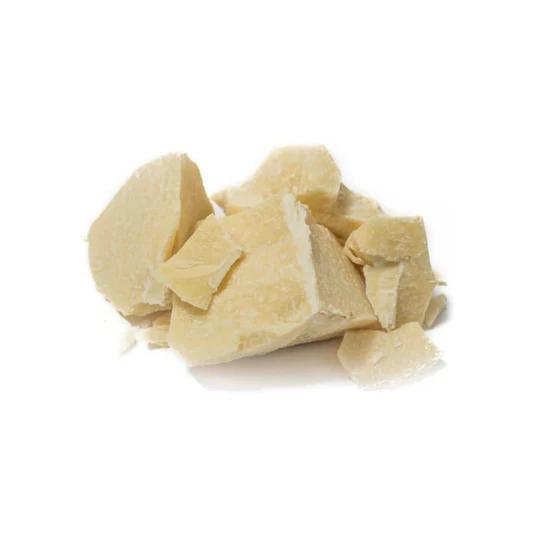
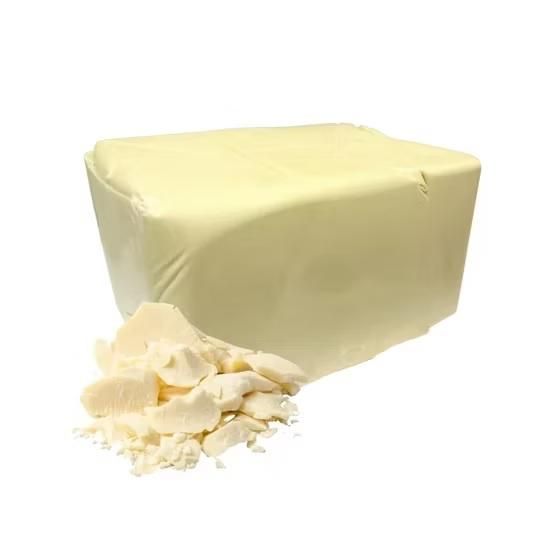
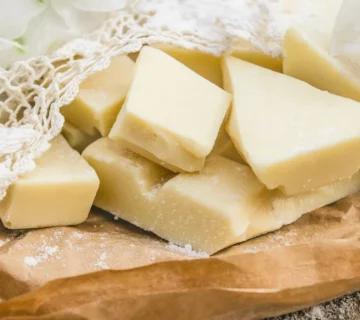
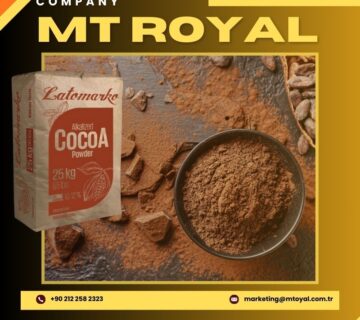
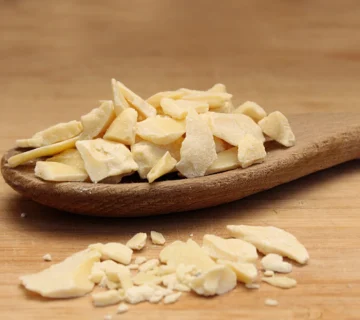
No comment